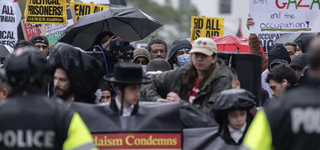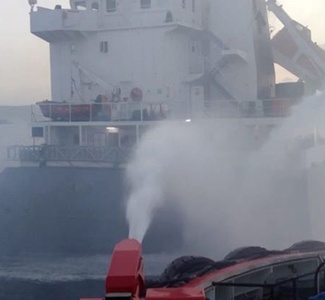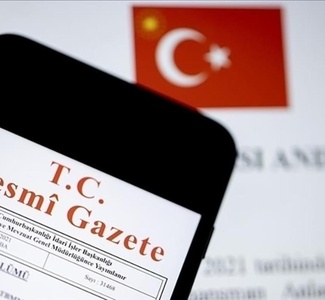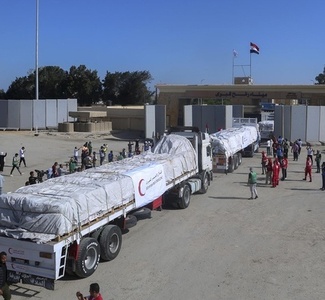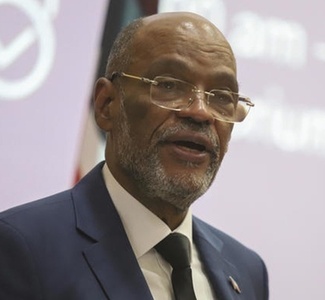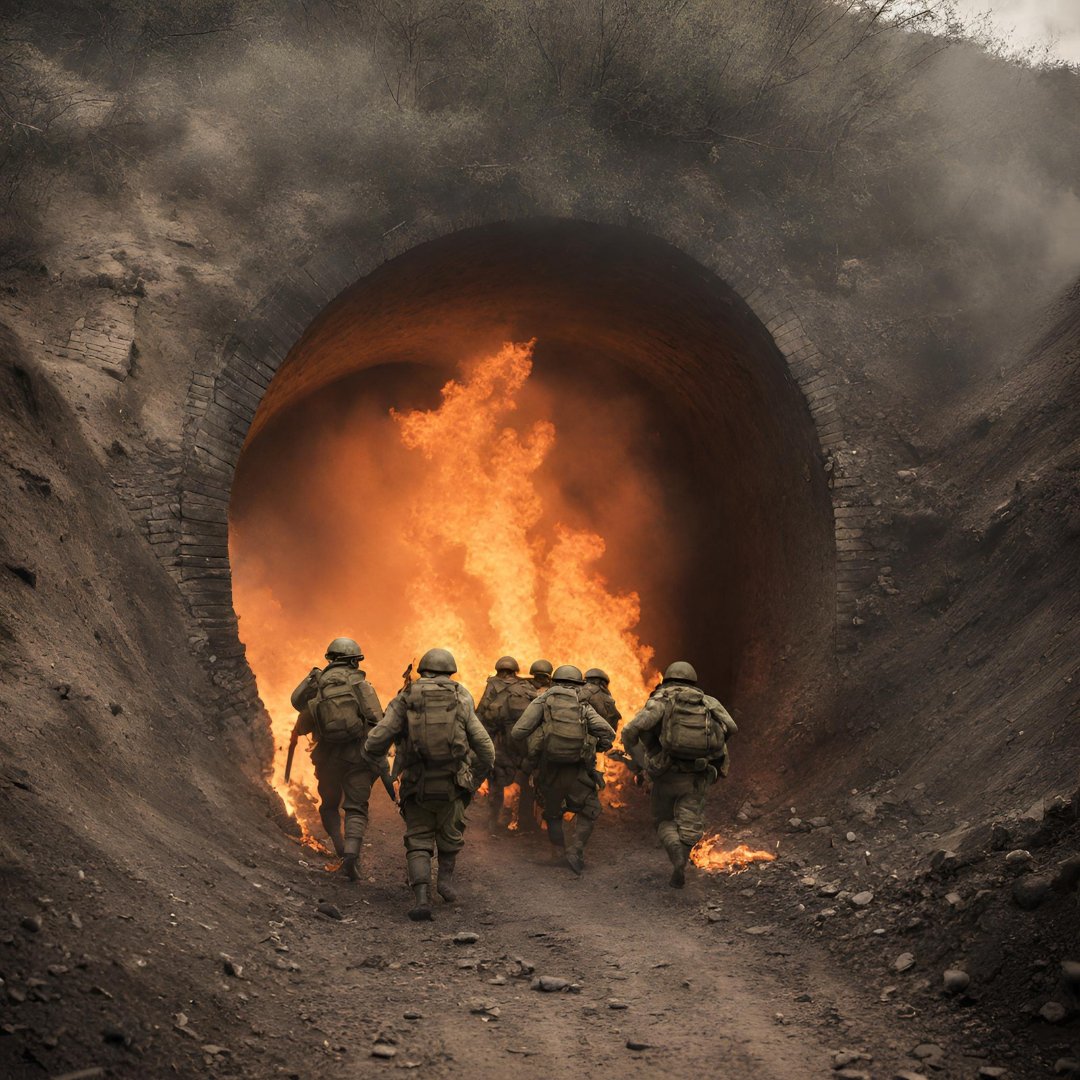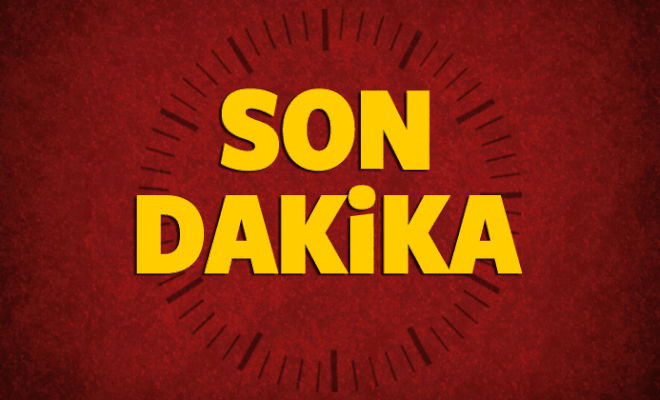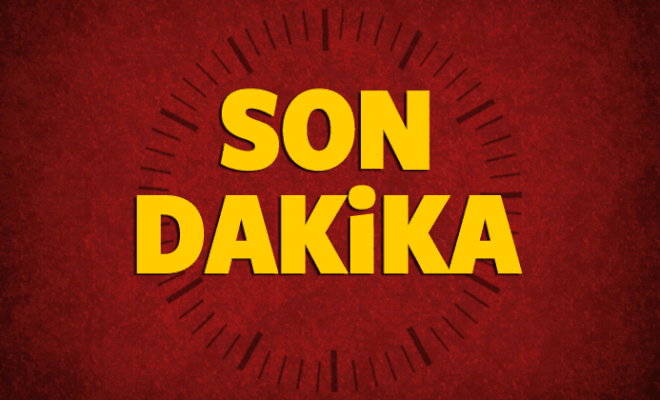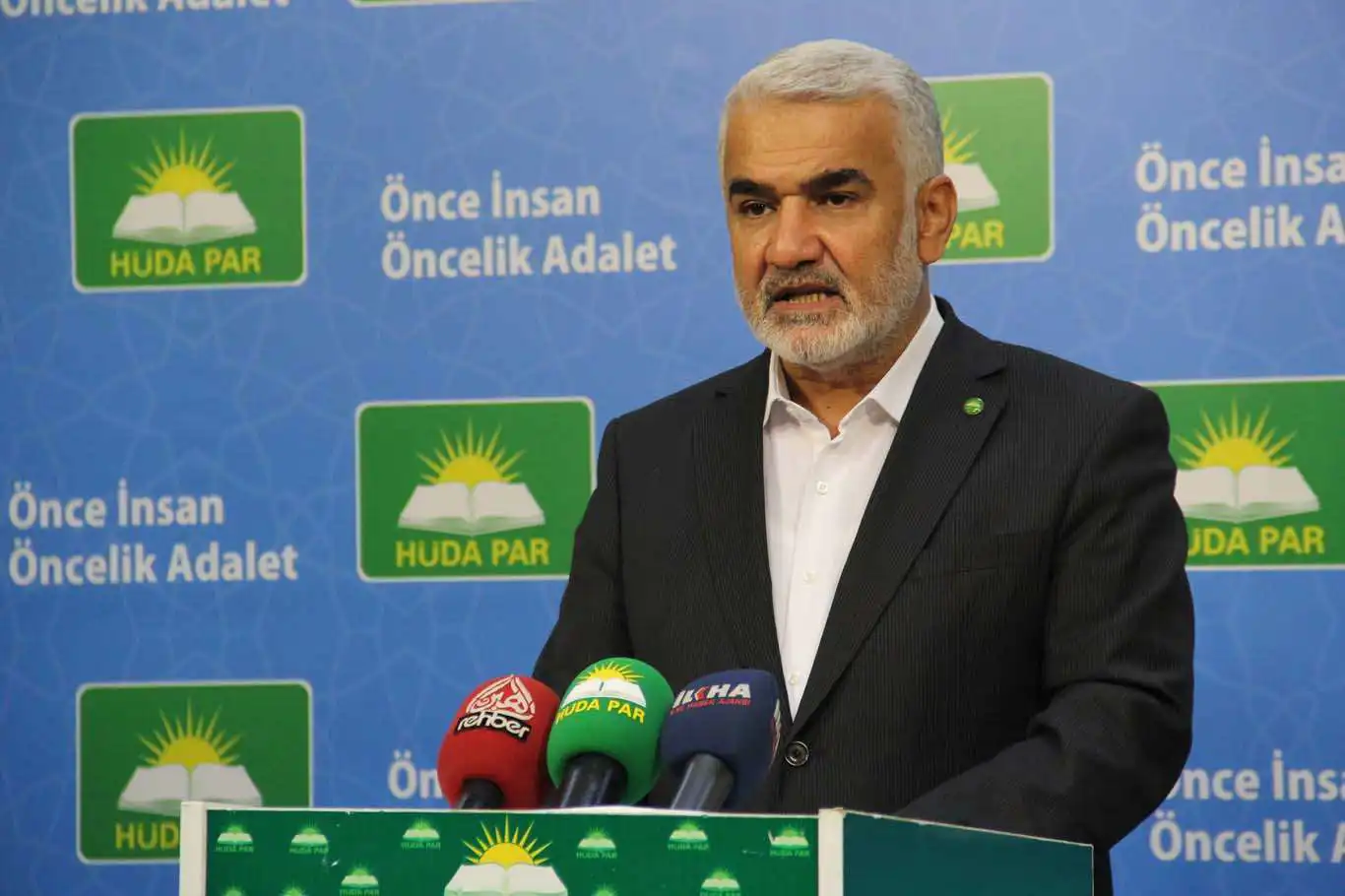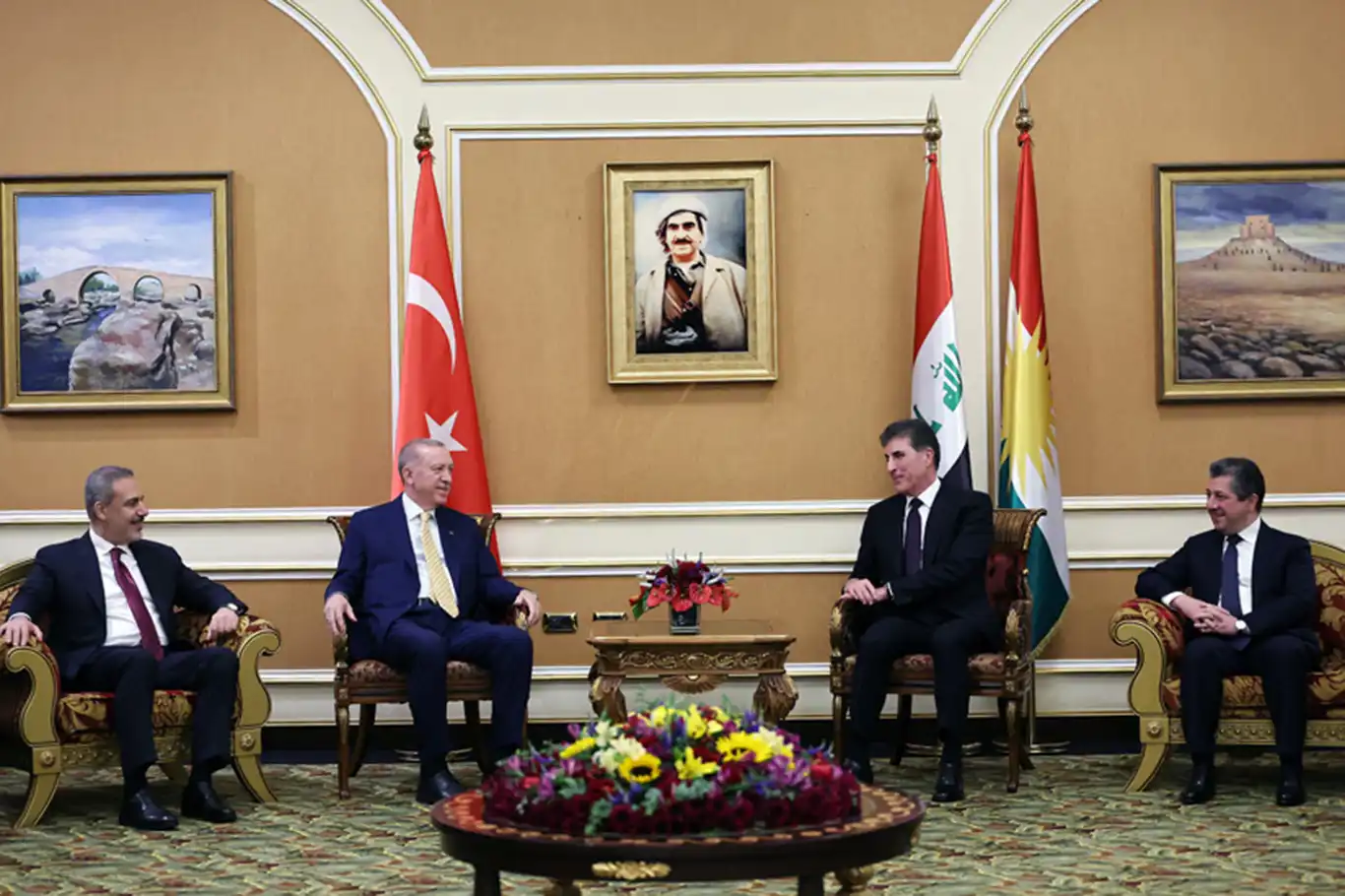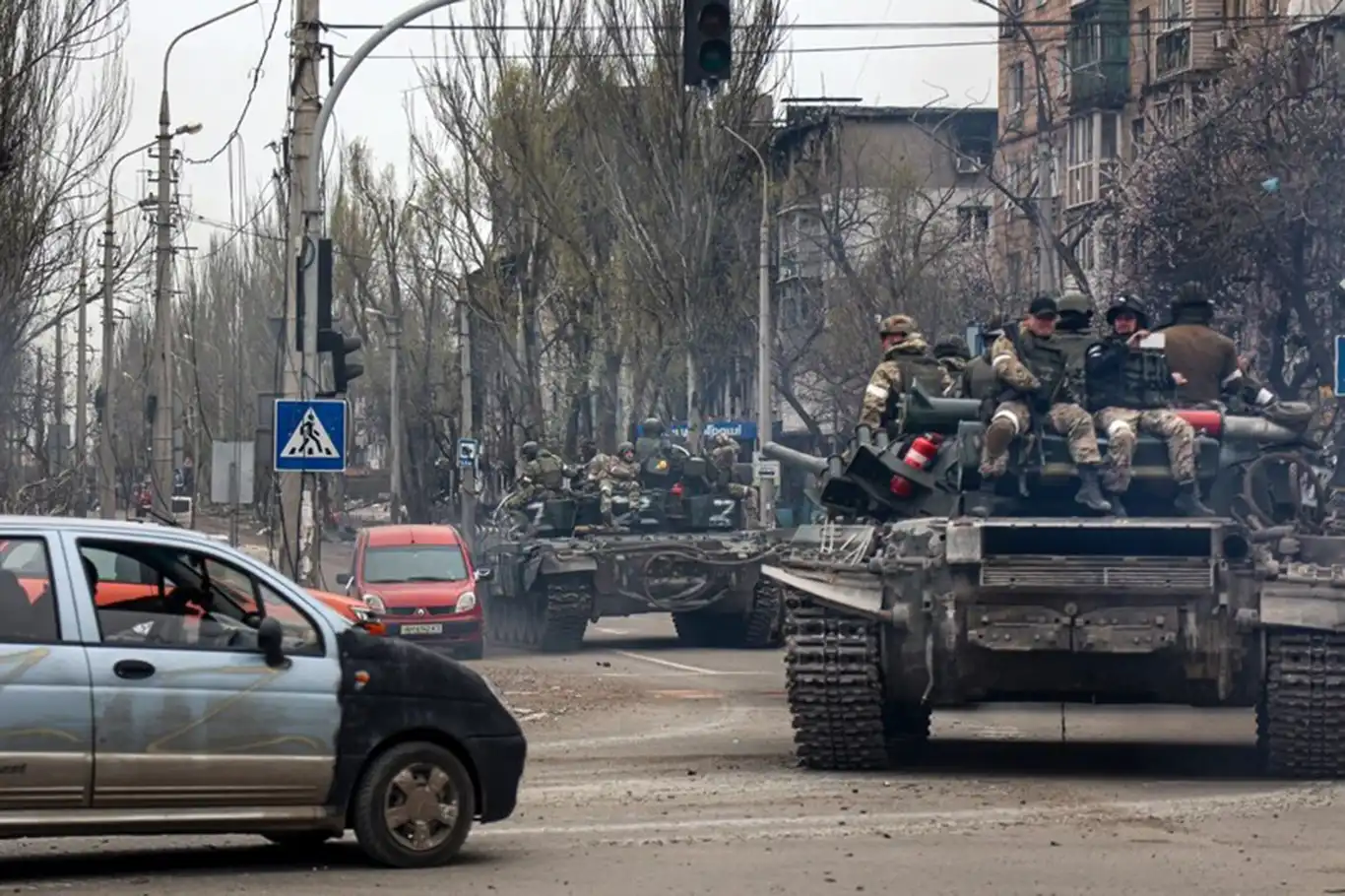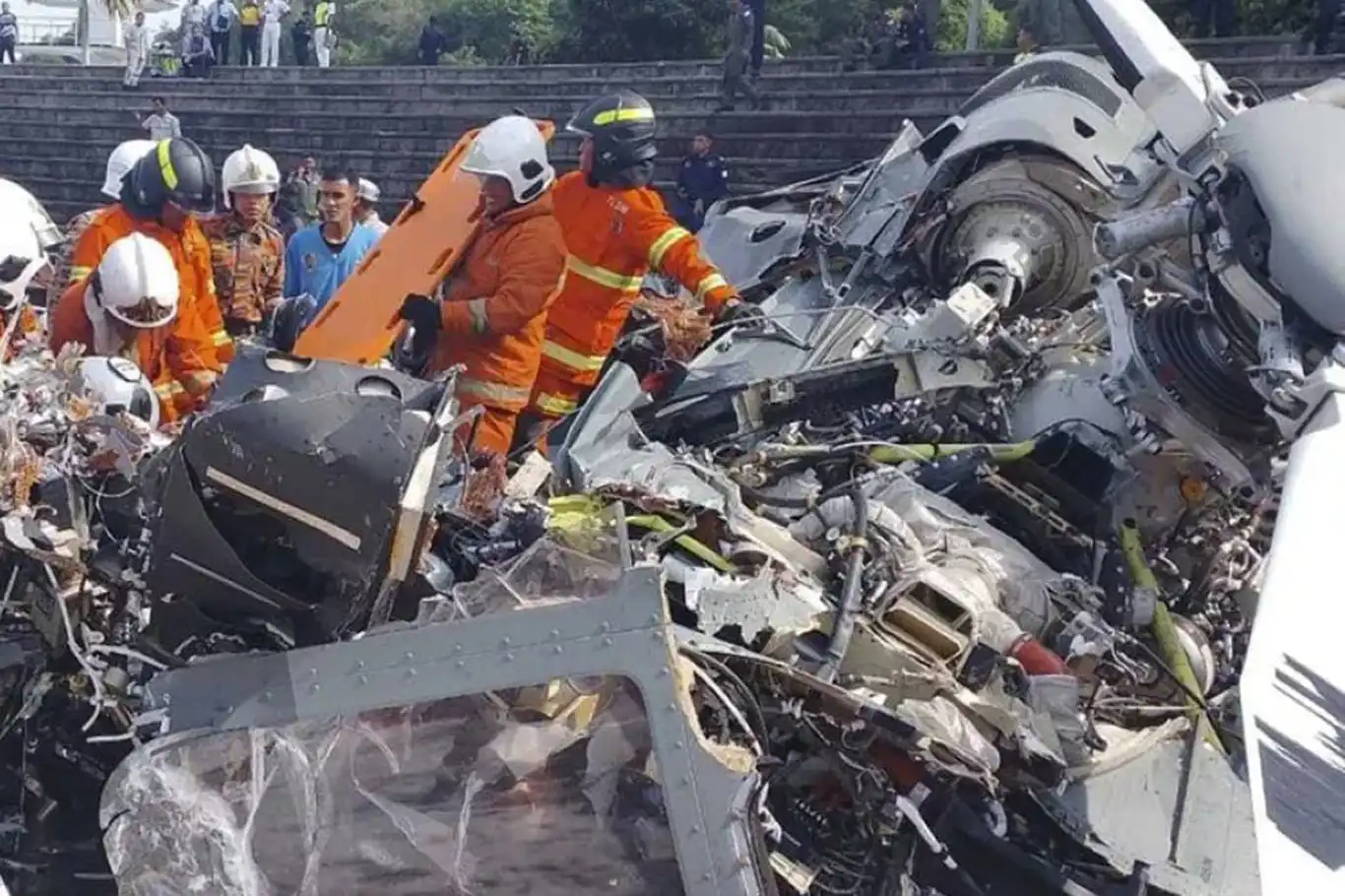"Many voted 'yes' relied on HUDA PAR"
HUDA PAR Chairman Zekeriya Yapıcıoğlu stated that many unstable voters, who previously saw many discourses said by HUDA PAR about the country came true later on, have used 'yes' preference.

 Google News'te Doğruhaber'e abone olun.
Google News'te Doğruhaber'e abone olun. HUDA PAR Chairman Zekeriya Yapıcıoğlu made evaluations of the agenda on CNN Turk TV channel “Neutral Zone” program presenting by Ahmet Hakan Coşkun.
Yapıcıoğlu answered questions about the impact of HUDA PAR on the referendum results, HUDA PAR's potential, celebrating Holy Birth events and the Kirkuk issue.
HUDA PAR President Yapıcıoğlu underlined that they have observed one to one the effect of HUDA PAR in the referendum results.
Yapıcıoğlu emphasized that HUDA PAR is the only party who puts the 18-item package containing the constitutional amendment and discussed thoroughly. Yapıcıoğlu also emphasized that many people who were unstable, decided to vote ‘yes’ in the referendum due to the ‘yes’ decision of HUDA PAR.
“There is absolutely the effect of HÜDA PAR. Because we observed it on an individual basis. After passing the 18-item constitutional amendment package, we declared at the press conference in Ankara that we would say ‘yes’ in a referendum and called the whole grassroots to say ‘yes’,” said Yapıcıoğlu.
Yapıcıoğlu said, “In Party Rule related to the article we said ‘Yes, it can be a better article, in fact a new constitution is in need’. But if there is no possibility of making a new constitution in the parliamentary arithmetic right now.”
“We think that the potential of HUDA PAR is 3-4 times more than the local election of March 30, 2014”
Yapıcıoğlu reminded that HUDA PAR was founded in December 2012, said, “We are not a party that has filled the age of 5 yet. Therefore, while there were many people who did not know the name of HUDA PAR, we thought that "in every election we are in cannot be a measure for us’. Especially after the events of October 6-8, many people heard the name of HUDA PAR. This referendum began to become more audible in the process. We now think that the potential of HUDA PAR is 3-4 times more than the local election of March 30, 2014. Of course we have not made any choice to test it, but at least we know that we have such a potential.”
“They couldn’t make pressure as they desired but understood as pressure on them”
On the question of the validity of HDP's allegations that the Kurdish electorate is under pressure in the referendum, Yapıcıoğlu said the following evaluations:
“It is impossible to say that there has never been any pressure. Every time there is pressure in every election. Unfortunately, this is a fact that one pressuring the other who has power. It's not just in the Southeast. It is possible to read this as well. They couldn’t make pressure as the desired but understood as pressure on them. I went to the poll and I have not noticed any pressure.”
On the question that Conservative Kurds in the Eastern and Southeastern Anatolia Region, vote for which party, Yapıcıoğlu said, “The secular, ultra-secular Kurds vote for HDP, there is no discussion there. Conservative religious Kurds vote for all parties. HDP is one of them.”
“If the boycotters had gone to the poll, some of them would say ‘yes’”
On the question how the AK Party and the MHP's nationalist rhetoric had the effect on referendum in the region, Yapıcıoğlu replied:
“I believe so, if MHP were not exist, if the rhetoric of ‘down that flag in Kirkuk, that flag will be downed from there’, or the MHP’s rhetoric about Masoud Barzani which said, ‘How you raise that rag in the airport, how can you chose Barzani but not us, AK Party should revise this,’ and if AK Party didn’t remain silent, maybe ‘yes votes would be higher. One of the notable things is that there is a participation in the South East and East, below the average in Turkiye. If the boycotters wouldn’t have gone away, some of them would say ‘yes’.”
“If you say ‘belong to Turk’ for a place where 15 percent of the Turks lives, there are over 60 percent of the Kurdish population in there”
Evaluating the rising of the Kurdistan flag in Kirkuk, Yapıcıoğlu said, “Think there is a problem between the Turkmen and the Kurds on the other side of the border. There is a point where they do not agree. If someone says ‘Kurds are changing the demography there. Kirkuk is a Turkish city’, it is understood that ‘Kirkuk is a Kurdish city’. What does it mean saying ‘Kirkuk is Turk, is a Turkish city?’ Kurds and Arabs live there. In a place where there are 15 percent of the Turkish population, if you say ‘belong to Turk’, there are over 60 percent Kurdish population there. I'm trying to draw attention to something else. On the other side of the border there is a cognate of Turks and cognate of Kurds. It is always said that ‘Kurds, Turks are first class citizens’ here. There is no difference between us, we will not crush our compatriots there. Who is our cognate?”
On the question “How do you look at Barzani as HUDA PAR?” Yapıcıoğlu replied:
“Barzani is a politician who has been elected president in support of a large majority of people in the Kurdistan Region, one of the Kurdish leaders. There is no reason to look at him negatively. Reaction to Barzani is disturbing, not only Barzani, but also Arab, Turkmen, or any other person there, if injustice is done, if the reaction is an unfair reaction, all the injustice bother me. In Papua New Guinea, if a person is leader on a 300 people and if unfairly reaction made to him, it annoys me.”
“We are just, we want justice”
Describing the attitude of HUDA PAR towards the state debate, Yapıcıoğlu said, “We are neither satisfied nor uncomfortable. We call it: the state must exit from the exact unitary structure. We do not mean “the state must collapses, overthrown, or ask for federation or canton. We say: people living in a country should be able to discuss the thing what is best for them. It should be able to make decisions in this regard.” Some say, even a newspaper headline ‘Federation wanting HUDA PAR also says yes.’ We are neither ask for federation nor unitary. We are just, we want justice.” (M. Hüseyin Temel - ILKHA)
































